The Root Cause: The Nutrient Deficiency That Could Be Causing Hair Loss
Hair loss is a multifaceted issue that affects millions worldwide, transcending age, gender, and ethnicity. While genetics and hormonal imbalances often take the spotlight, recent research suggests that nutrient deficiencies play a crucial role in this distressing condition. This article delves into the root cause of hair loss, focusing on specific nutritional gaps that could be undermining hair health. By understanding the intricate relationship between our diet and hair vitality, we can uncover effective strategies to combat hair loss. Join us as we explore the essential nutrients vital for maintaining a lush mane and how their deficiency might be the hidden culprit behind hair thinning and shedding.
The Role of Iron: A Fundamental Component
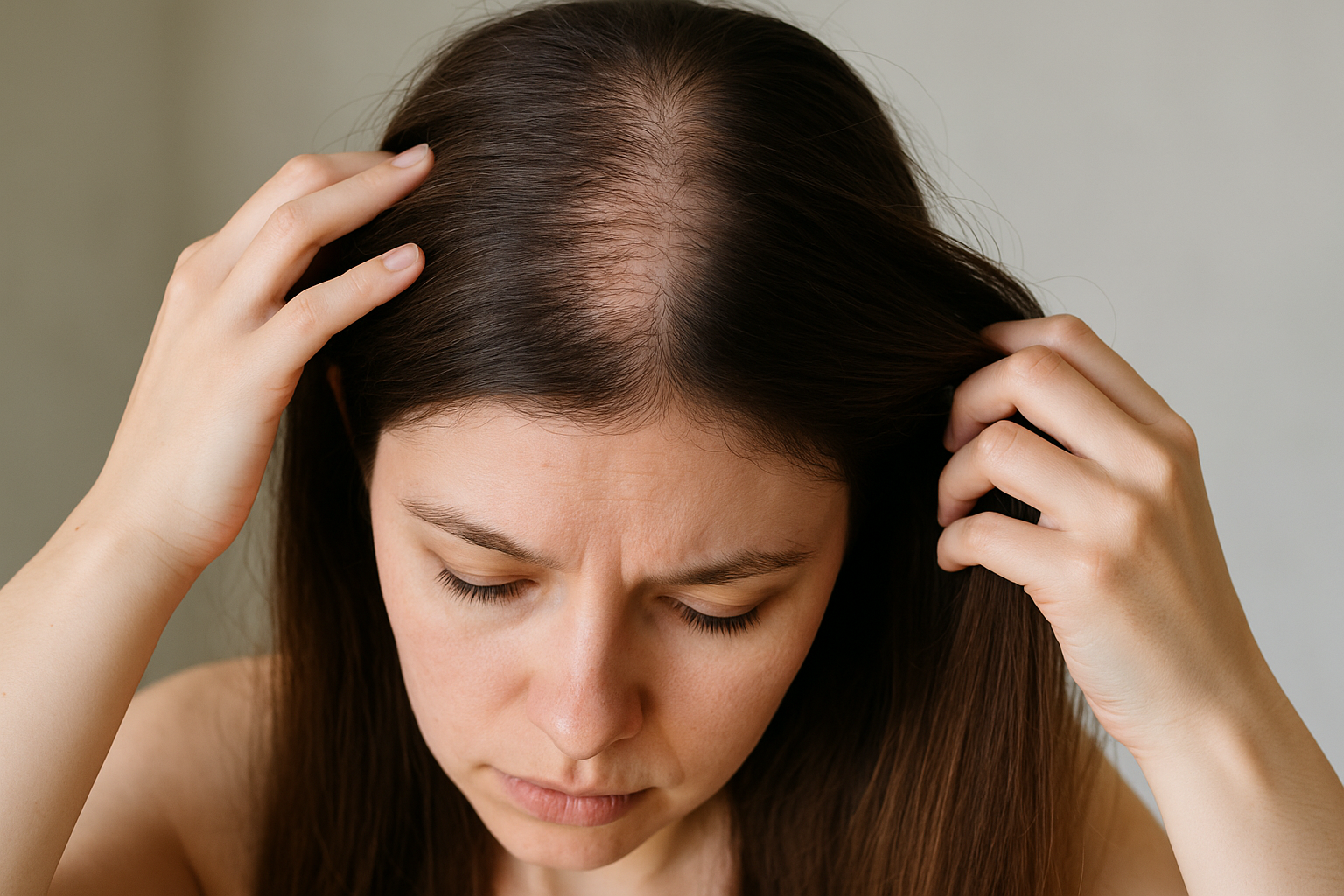
Iron is a pivotal mineral in the body, crucial for producing hemoglobin, which transports oxygen to cells, including those responsible for hair growth. Iron deficiency, or anemia, is a common nutritional shortfall linked to hair loss. When iron levels are insufficient, hair follicles may not receive adequate oxygen, stunting their growth and leading to shedding. Women, in particular, are more susceptible to iron deficiency due to menstrual blood loss. A diet rich in iron sources such as red meat, spinach, and lentils, or supplements when necessary, can help restore iron levels and support healthier hair growth.
Zinc: The Growth and Repair Agent
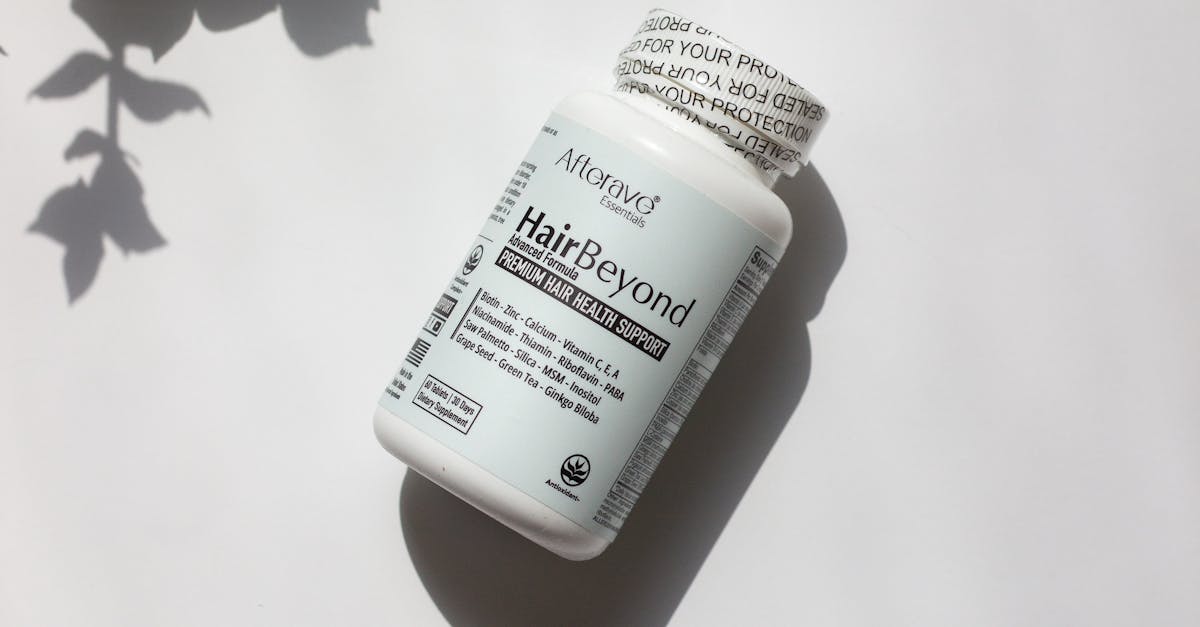
Zinc is an essential trace element that plays a significant role in hair tissue growth and repair. It helps keep the oil glands around the follicles working properly. A deficiency in zinc can lead to hair loss, as well as damage to the remaining hair, making it weaker and more prone to breakage. Zinc deficiency is often seen in individuals with poor nutritional intake or absorption issues. Foods like oysters, beef, and pumpkin seeds are rich in zinc and can help maintain adequate levels. Ensuring sufficient zinc intake not only aids in hair retention but also enhances overall scalp health.
Vitamin D: More Than Just Sunshine
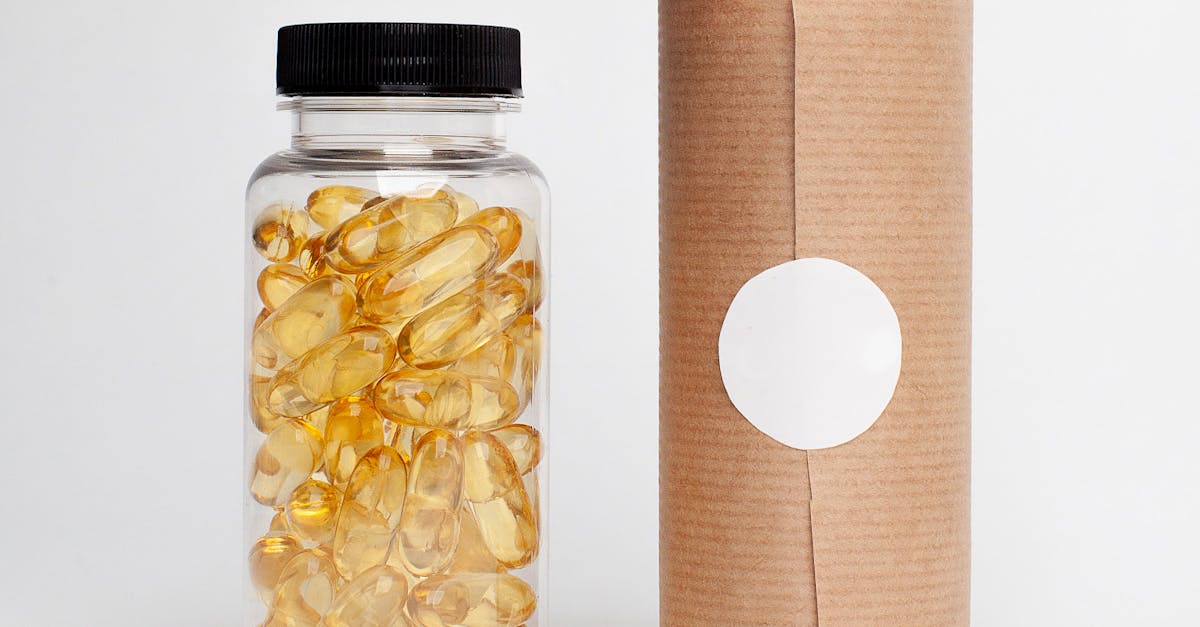
Vitamin D is often associated with bone health, but it also plays a crucial role in hair follicle cycling. The vitamin stimulates hair follicles to grow, and its deficiency has been linked to alopecia, an autoimmune condition that results in hair loss. With modern lifestyles leading to less sun exposure, vitamin D deficiency has become increasingly common. Incorporating vitamin D-rich foods such as fatty fish, fortified dairy products, and egg yolks, along with sensible sun exposure, can help maintain optimal levels. Supplementation may also be necessary for those with severe deficiencies, offering a potential remedy for hair loss.
Biotin: The Hair Growth Catalyst
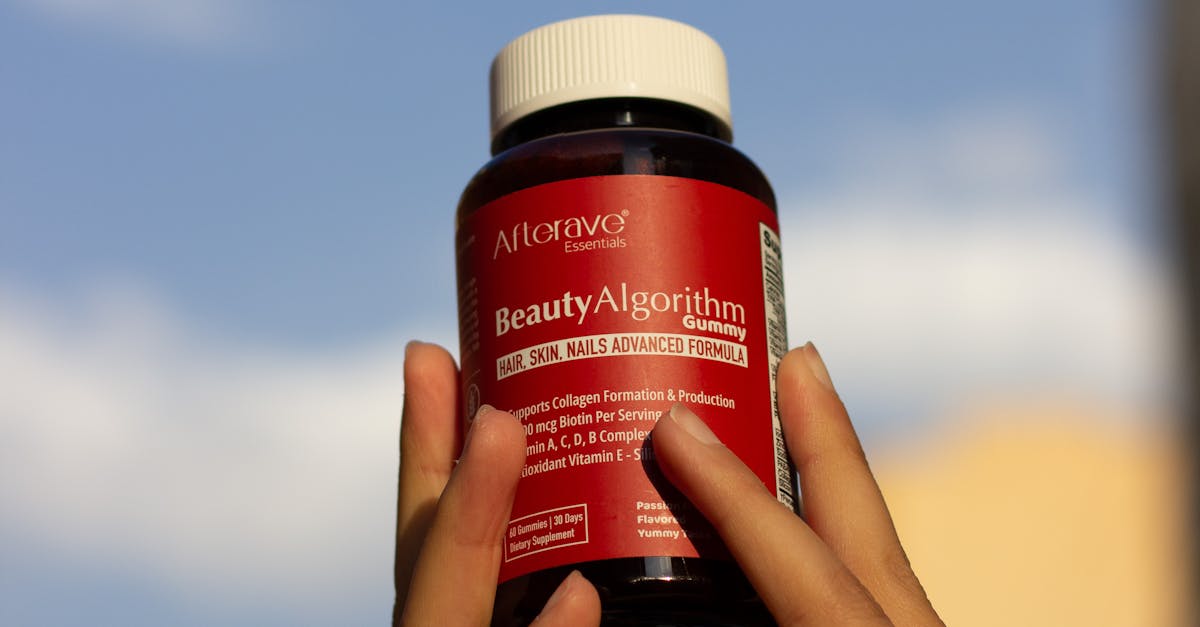
Biotin, a B-vitamin, is renowned for its role in promoting hair health. It assists in the production of keratin, a protein that constitutes hair. Biotin deficiency, though rare, can lead to hair thinning and loss. Pregnant women and individuals with certain genetic conditions are more prone to this deficiency. Foods like eggs, nuts, and whole grains are excellent sources of biotin. While biotin supplements are popular, it's crucial to consult with a healthcare provider before starting any new regimen, as excessive intake can lead to unwanted side effects. Adequate biotin levels can significantly enhance hair strength and growth.
Omega-3 Fatty Acids: Nourishing from Within
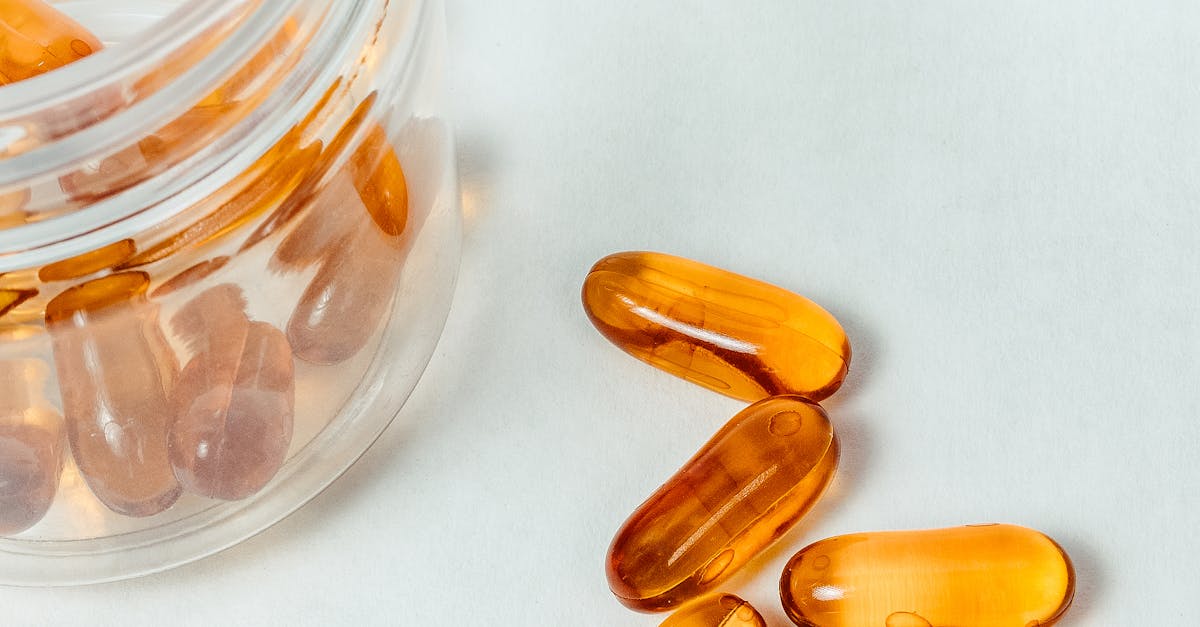
Omega-3 fatty acids are essential fats that our body cannot produce on its own. They are crucial for maintaining cell membranes and providing the oils that keep the scalp hydrated and hair shiny. A deficiency in omega-3s can result in a dry, flaky scalp and dull hair. These fatty acids are abundant in fish like salmon, mackerel, and sardines, as well as flaxseeds and walnuts. By incorporating omega-3-rich foods into your diet, you can improve hair elasticity and prevent breakage, ensuring your hair remains resilient and vibrant.
Vitamin A: Balancing Act for Scalp Health
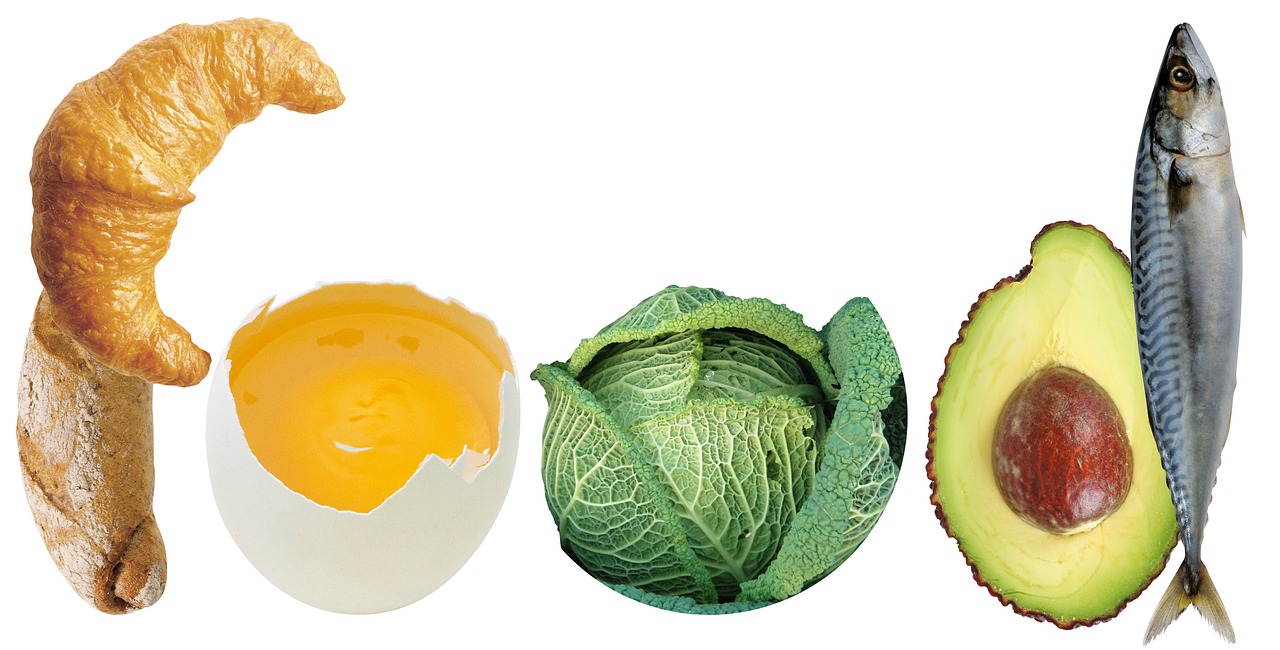
Vitamin A is vital for cell growth, including hair cells, and it helps the scalp produce sebum, a natural oil that keeps hair moisturized. However, both deficiency and excess of vitamin A can lead to hair loss. A balanced intake is critical, with foods like sweet potatoes, carrots, and dark leafy greens providing ample vitamin A. It's important to monitor vitamin A consumption, particularly if taking supplements, as high doses can be toxic. Achieving the right balance can support healthy hair growth and maintain a well-nourished scalp environment.
Vitamin E: The Protective Antioxidant
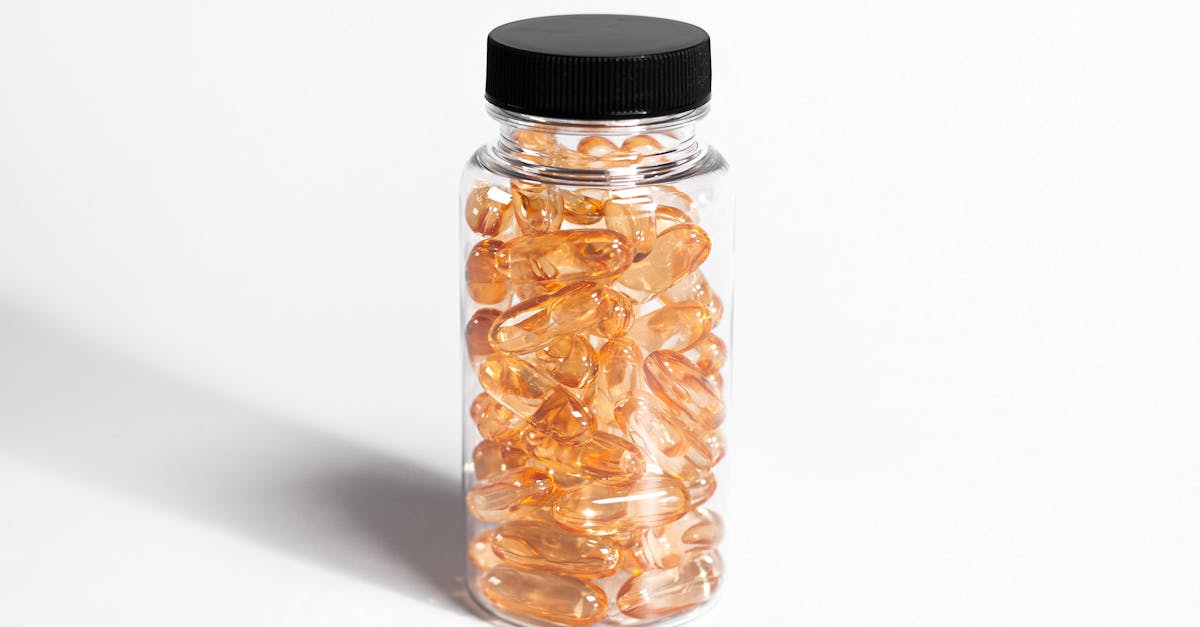
Vitamin E is a powerful antioxidant that helps repair and build tissue, essential for healthy hair growth. It reduces oxidative stress in the scalp, which can contribute to hair loss. Vitamin E also enhances blood circulation, ensuring that hair follicles receive the nutrients they need. Deficiency in this vitamin can lead to brittle hair and breakage. Nuts, seeds, and green leafy vegetables are rich in vitamin E. Incorporating these into your diet can help strengthen hair, improve its texture, and protect it from environmental damage, promoting overall scalp health.
Protein: The Building Block of Hair
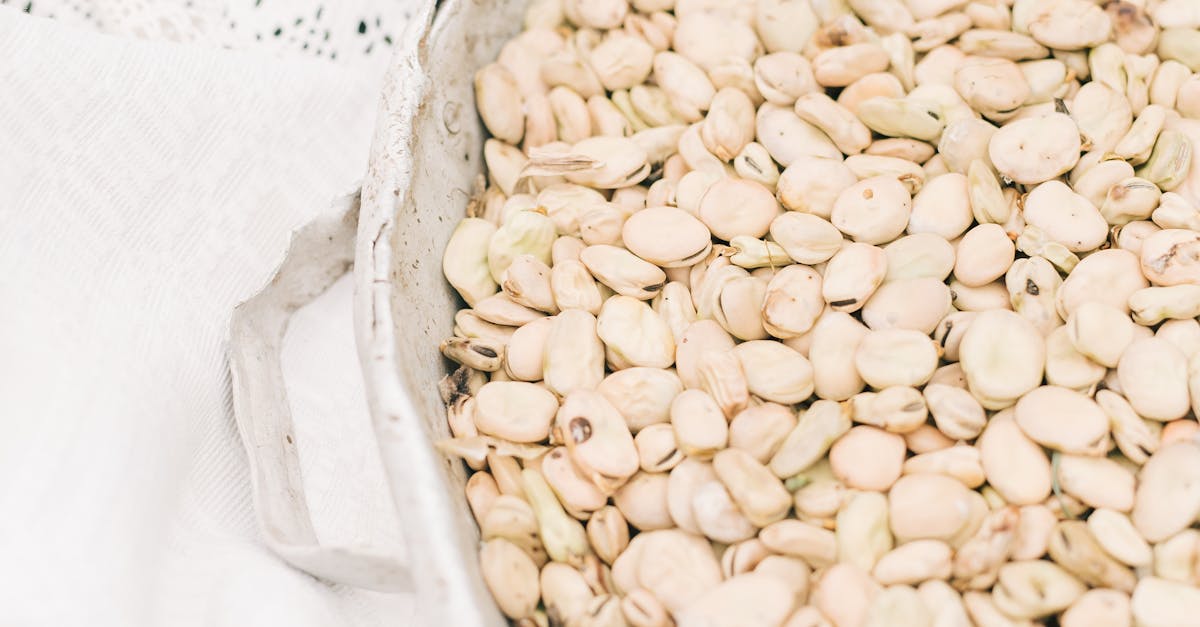
Hair is primarily made up of protein, specifically keratin. A diet lacking in sufficient protein can lead to hair thinning and loss, as the body prioritizes protein for essential functions over hair growth. Vegetarians and vegans need to be particularly mindful of their protein intake, ensuring they consume a variety of plant-based sources. Foods like beans, quinoa, and tofu are excellent options. Adequate protein intake is crucial for maintaining hair's structural integrity, promoting growth, and preventing weakness and breakage.
Selenium: The Scalp Protector
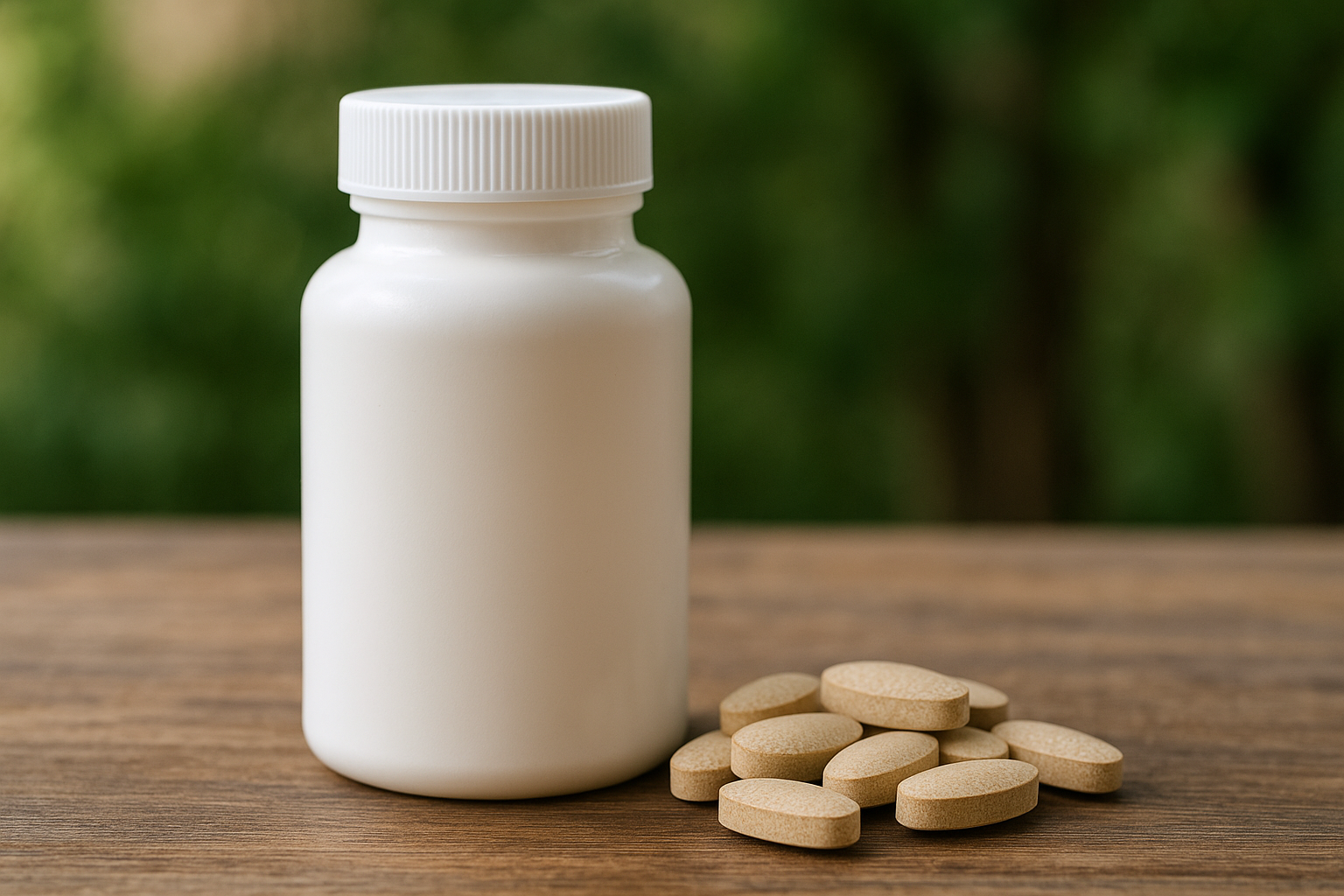
Selenium is a trace mineral that plays a critical role in protecting the scalp from oxidative damage. It is also involved in the production of selenoproteins, which regulate hair follicle development. A deficiency in selenium can lead to hair loss and a dry, flaky scalp. Brazil nuts are an excellent source of selenium, with just one or two providing the daily recommended intake. Ensuring adequate selenium levels can help maintain a healthy scalp environment, essential for robust hair growth and minimizing the risk of hair loss.
Copper: The Color and Elasticity Enhancer
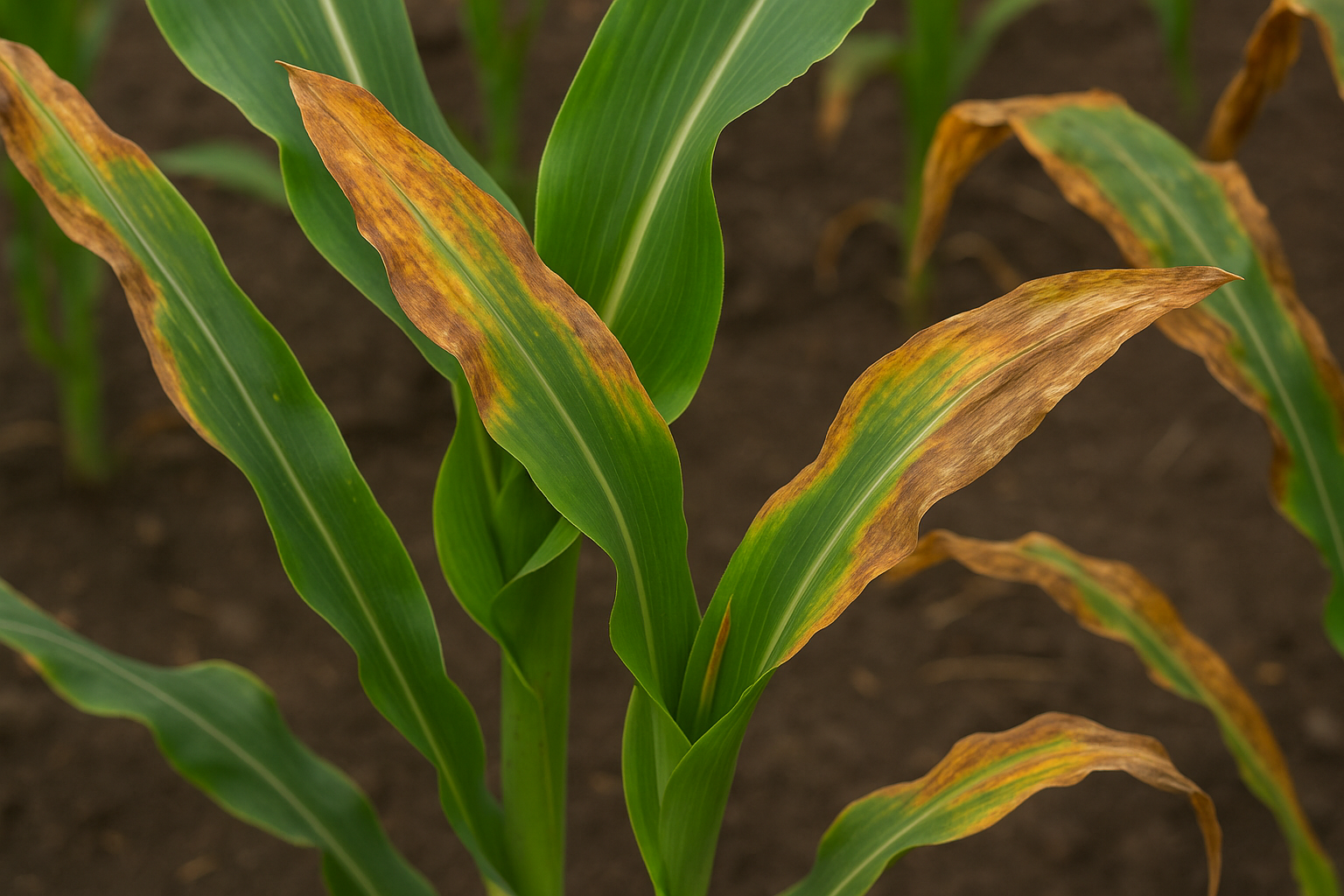
Copper is a lesser-known but vital mineral for hair health. It aids in the production of melanin, the pigment that gives hair its color, and is involved in the synthesis of collagen and elastin, which contribute to hair's elasticity and strength. A lack of copper can lead to premature graying and weakened hair structure. Foods such as shellfish, nuts, and seeds are rich in copper. Maintaining sufficient copper intake supports not only the natural color of hair but also its resilience and vitality.
A Holistic Approach to Hair Health
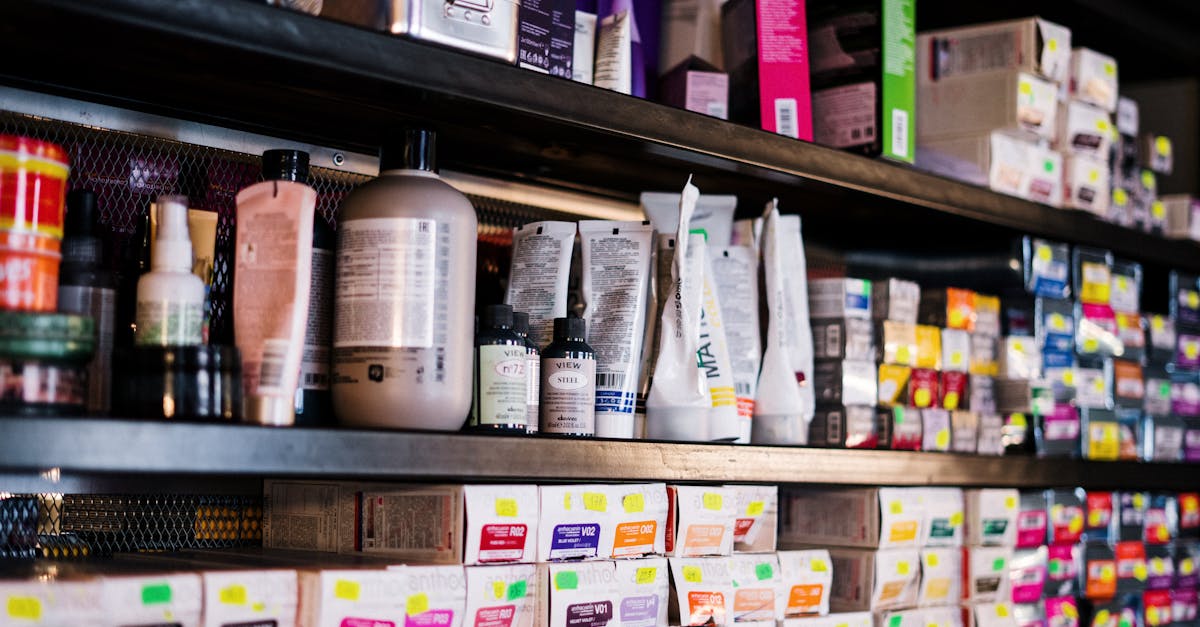
Addressing nutrient deficiencies is a crucial step in combating hair loss, but it is just one piece of the puzzle. A holistic approach that includes a balanced diet, stress management, and proper hair care can significantly improve hair health. Regular check-ups with healthcare professionals can help identify and address deficiencies early on. By understanding and nurturing the nutritional needs of your hair, you can pave the way for a healthier, fuller mane. Embrace a diet rich in essential nutrients, and witness the transformative impact on your hair and overall well-being.
